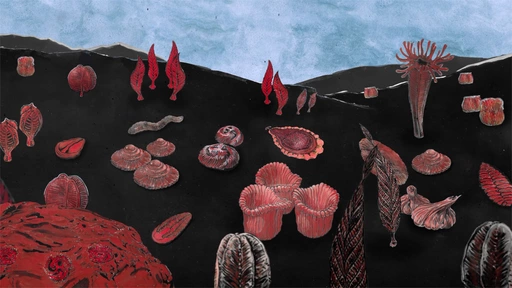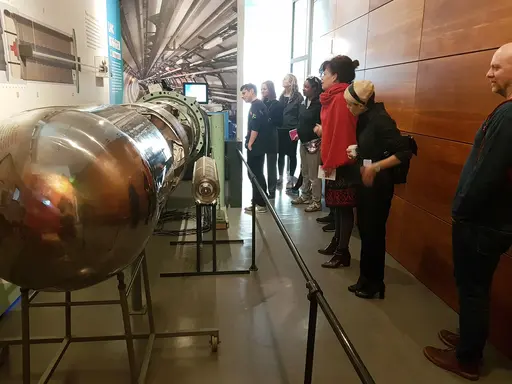Urok Shirhan
Working at the intersection of performance, visual arts, and critical theory, artist Urok Shirhan’s work explores the politics of sound, image, and speech in relation to power and affect. Her projects are often entangled with found materials and auto
Urok Shirhan Working at the intersection of performance, visual arts, and critical theory, artist Urok Shirhan’s work explores the politics of sound, image, and speech in relation to power and affect. Her projects are often entangled with found materials and autobiographic narratives. Her latest body of research
related

